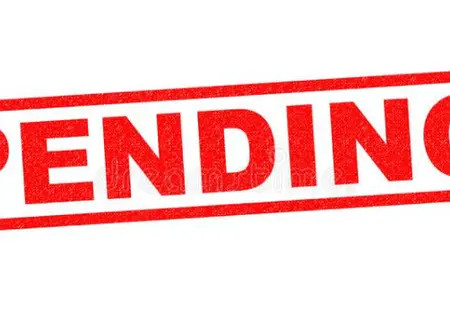The Controller of Budget has advised the National Treasury to fast-track verification and settlement of more than half a trillion shillings in pending bills, as mounting arrears continue to choke private sector cash flows and undermine business confidence.
Development arrears, largely owed to contractors and suppliers, account for KSh250.5 billion.
State corporations dominate the ledger, responsible for KSh 404.33 billion, or 77% of the outstanding bills, compared with KSh 120.51 billion owed by central government ministries.
The burden falls heavily on small and medium-sized enterprises, many of which rely on government contracts for survival. Liquidity constraints caused by delayed payments have forced firms to scale back operations, shed workers, or close altogether. The longer the bills sit unpaid, the higher the cost to the government, which must contend with interest charges and penalties that further erode fiscal space.
The Controller of Budget also notes that ministries trimmed their arrears by 12% to KSh120.51 billion, largely by reducing recurrent spending obligations.
However, state corporations posted a 6% increase, with arrears linked to contractors, pensions, and statutory remittances such as PAYE, SACCO deductions, and staff loans. In several cases, deductions were made from employee paychecks but never passed on to the relevant institutions, worsening trust deficits.
Without a comprehensive clearance program, the arrears risk entrenching a cycle of higher business costs, tighter credit, and reduced investment appetite.
The Treasury’s has said that nearly half of the verified claims are not genuine, underscoring how inflated invoices and dubious demands have distorted the scale of the arrears. A committee led by former Auditor General Edward Ouko has found that out of KSh 475 billion in reviewed claims, only KSh206 billion were authentic.
With more than 90% of legitimate bills owed in small amounts of between KSh1 million and KSh10 million, the government plans to prioritize payments to ease pressure on cash-strapped small and medium-sized businesses.

Leave a Reply